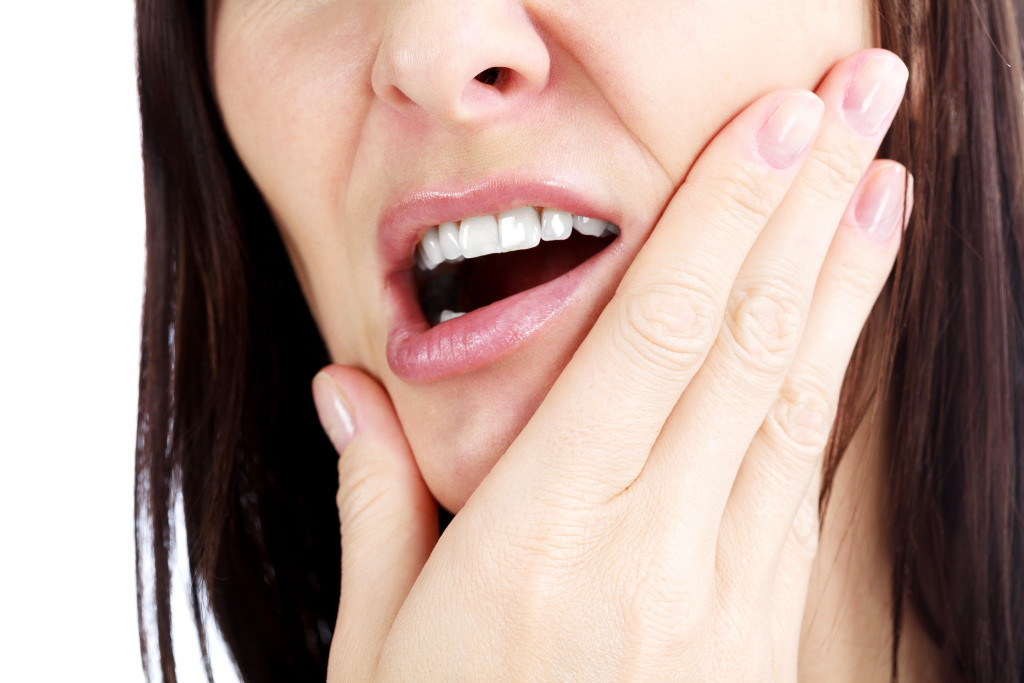- Oral cancer affects a person’s diet by causing appetite loss, weight loss, difficulty swallowing, taste changes, mouth soreness, and throat pain.
- Squamous cell carcinoma is the most common form of oral cancer, affecting cells lining the mouth, throat, tongue, salivary glands, tonsils, lips, and sinuses.
- Modification of diet with soft or pureed foods and avoiding foods that can easily get stuck in the throat can help manage difficulty swallowing due to oral cancer.
- Replacing missing teeth, quitting smoking, and using dental hygiene products can help prevent oral cancer.
Oral cancer is a relatively common disease that can significantly impact a person’s health and well-being. One of the significant ways that oral cancer can affect patients is by changing their diet. Depending on the cancer stage, its location in the mouth, and the patient’s overall health, oral cancer can make eating and enjoying food difficult.
What is Oral Cancer?
One of the most common forms of oral cancer is squamous cell carcinoma (SCC). This type of disease affects the cells that line the surface of the mouth, throat, and tongue. It can also affect other areas where moist membranes are present such as salivary glands, tonsils, lips, and even sinuses. Here are ways it can affect your overall diet and complicate your life.

Appetite Loss and Weight Loss
One of the most common ways oral cancer affects a person’s diet is by causing appetite loss and weight loss. When cancer is present in the mouth, it can make it painful or uncomfortable to swallow, chew or taste food. As a result, the patient may lose interest in food or feel too nauseated to eat. This loss of appetite can lead to severe weight loss and malnutrition, significantly impacting the patient’s overall health.
Difficulty Swallowing
Oral cancer can also make it difficult for a person to swallow food. Depending on the location of the cancer, the patient may struggle to move the food from their mouth to their stomach. This can cause the person to choke or aspirate, which can be life-threatening. To manage this challenge, patients must modify their diets by incorporating soft or pureed foods and avoiding foods that can quickly get stuck in the throat, such as bread, meats, and vegetables.
Taste Changes
Patients with oral cancer may also experience changes in their taste buds. They may find that food tastes bland or metallic or that their favorite foods no longer appeal to them. This can make it difficult for patients to get the nutrients they need, as they may not feel like eating the foods that are good for them. To counteract this, cancer patients may need to try new recipes or flavorings to make their meals more enticing.
Mouth Soreness
Another way that oral cancer can affect a person’s diet is by causing mouth soreness. Cancer treatments, such as radiation therapy, can cause painful sores or ulcers in the mouth, making it difficult for patients to talk or eat. To manage this, patients may need a soft or liquid diet rich in nutrients and easy to swallow. Additionally, they may need to avoid spicy or acidic foods that can exacerbate mouth sores.
Throat Pain
Finally, oral cancer can cause throat pain, mainly if the cancer is located at the back of the mouth or in the throat. Patients with throat pain may find it difficult to swallow, talk or eat without feeling pain or discomfort. To manage this, patients may need to take pain medication and avoid foods that can aggravate the throat, such as alcohol, caffeine, or spicy foods.
Dealing With Oral Cancer
Oral cancer can be a difficult and life-altering disease, but patients can manage their symptoms and prevent it altogether. Here are ways to do that:
Replace Missing Teeth
Bacterial infections happen because of missing teeth, and they can lead to oral cancer if not treated quickly. Make sure you replace missing teeth as soon as possible to avoid future complications. You can ask your dentist to replace your missing teeth with robust dental implants. These implants are made of titanium and have a success rate of 95-98%. They’re also more resilient than other tooth replacement options and last several years.

Quit Smoking
Smoking is one of the leading causes of oral cancer, so quitting should be your top priority if you’re concerned about your health. Quitting can reduce your risk of developing this disease significantly. Your doctor can help you set up a plan to quit smoking and offer ways to manage withdrawal symptoms.
Use Dental Hygiene Products
Your mouth is your gateway to good health, so keep it clean and healthy. Use dental hygiene products such as toothbrushes and floss to remove plaque from your teeth. This will help prevent any bacterial infections that can lead to oral cancer.
Oral cancer can significantly impact a person’s diet and overall health. It can cause appetite loss, weight loss, difficulty swallowing, taste changes, mouth soreness, and throat pain. If you’re diagnosed with oral cancer, talk to your doctor about dietary modifications to help manage your condition. Additionally, follow the necessary treatments to help deal with it.
